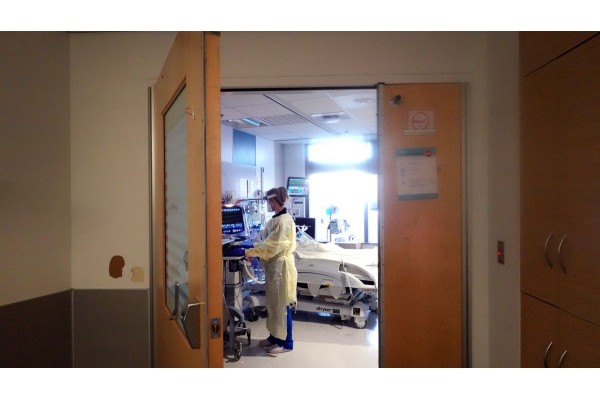Supply disruptions are delaying surgeries and compromising patient care, survey finds
October 31, 2023
Source: https://www.medtechdive.com/news/supply-disruptions-delaying-surgeries-ecri/697140/
 481
481

Dive Brief
Shortages of medical devices and therapies are compromising patient care by delaying treatment and driving unsafe practices, according to a survey of healthcare professionals conducted by the patient safety nonprofit ECRI and the Institute for Safe Medication Practices.
The survey found that supply shortages have caused surgical cases to be rescheduled, postponed or canceled, and that a lack of endotracheal tubes and pulmonary artery catheters is on the cusp of impacting the ability to provide adequate clinical care.
ECRI and the Institute for Safe Medication Practices used the findings to call for “long-term, nationally coordinated solutions” to stop persistent shortages.
Dive Insight
The Food and Drug Administration currently lists 11 medical devices that are in short supply. More than 120 drugs face shortages, according to another FDA list. The tendency for some products to become hard to source, for reasons such as manufacturing problems and rising demand, predates the pandemic.
While persistent shortages are a long-standing issue, ECRI, a nonprofit patient safety organization, saw a lack of data on the impact of supply disruptions on patient care.
“We now know with certainty that these shortages are causing preventable harm and have the potential to cause even more if they are not addressed soon. There are strategies hospitals can use to reduce the impact of shortages, but they are a deviation from standard practice and resource-intensive — two characteristics that themselves can increase the likelihood of preventable harm,” ECRI CEO Marcus Schabacker said in a statement.
The poll collected responses from almost 200 people working in pharmacy administration, procurement and other healthcare positions. Most of them work in the U.S. Almost half of the respondents told ECRI that drug, supply or equipment shortages had delayed the treatment of patients.
On the device side, respondents named the shortage of endotracheal tubes, especially in pediatric sizes, and certain pulmonary artery catheters as problems that are impacting patient care. Other device-related problems include supply shortages that have delayed surgical procedures and a lack of spare parts to fix equipment. Delays to the repair of equipment have forced facilities to move patients to other sites.
Around one-third of respondents have bought an alternative product in short supply from a secondary gray market. ECRI warned that products bought from “non-traditional suppliers” may fall short of quality standards. The nonprofit tested nearly 200 KN95 masks from nontraditional sources, revealing that 60% to 70% of the devices failed to filter the claimed amount of aerosol particulate.
By editorRead more on
- Phase III Clinical Trial of Recombinant Staphylococcus Aureus Vaccine Progressing Normality January 21, 2026
- Its drug marketing application for injectable iza-bren has been accepted January 21, 2026
- Kain Technology withdrew a drug registration application, resulting in a profit reduction of 111 million yuan in 2025 January 21, 2026
- Received Notice of Approval for Drug Clinical Trial January 21, 2026
- Breaking news! AstraZeneca to be delisted from Nasdaq. January 21, 2026
your submission has already been received.
OK
Subscribe
Please enter a valid Email address!
Submit
The most relevant industry news & insight will be sent to you every two weeks.



